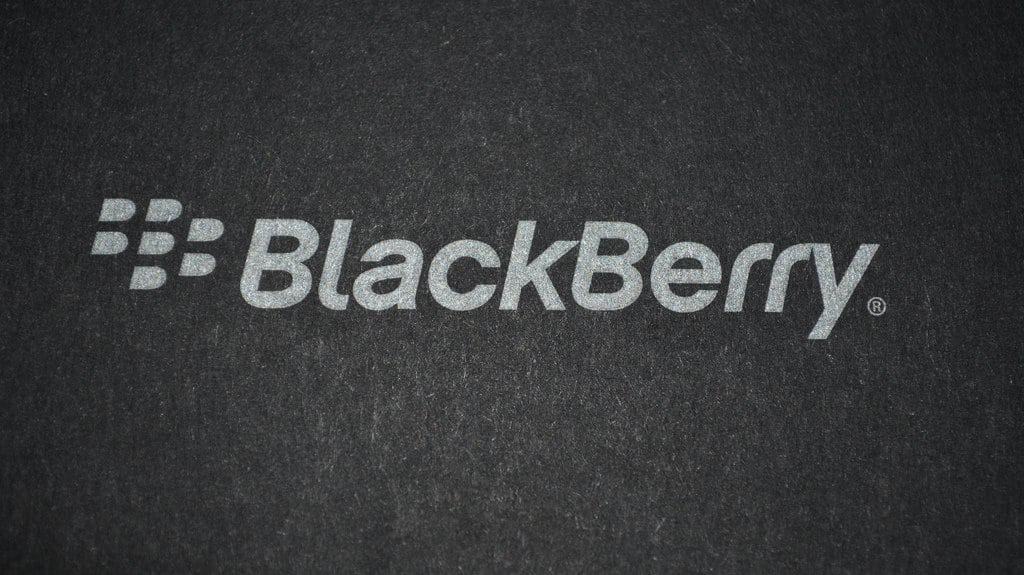Which is crazier?
The guaranteed US$84 million three-year deal Kirk Cousins signed with the Minnesota Vikings, or the partially guaranteed US$300 million contract extension that BlackBerry Ltd. (TSX:BB)(NYSE:BB) CEO John Chen just signed.
If you’re Prem Watsa, there’s no question you feel it’s the former.
How could anyone pay an athlete US$28 million a year? Crazy, right?
Watsa, the company’s lead director and chair of BlackBerry’s compensation committee, views Chen’s leadership as critical to the company’s success.
“John engineered a successful turnaround and has the company repositioned to apply its strengths and assets to the Enterprise of Things, an emerging category with massive potential,” said Watsa in the company’s press release announcing the new five-year contract. “John’s leadership is critical and the board has determined that it is in the best of interests of BlackBerry and its shareholders to continue his service through November 2023.”
I’m a big fan of Prem Watsa, so it hurts me to say this: no CEO is worth US$300 million.
It’s not all guaranteed
The worst-case scenario for Chen is that BlackBerry fails to maintain its turnaround momentum, the company goes in the toilet and declares bankruptcy, and he gets paid his US$1 million annual salary plus corporate benefits such as paid healthcare for him and his family for the rest of their lives.
That’s unlikely to happen.
In fiscal 2016, Chen gave up his annual cash bonus of US$2 million for 317,460 time-based restricted stock units (TBRSU) at a grant price of $6.30 a share. In fiscal 2017, he did the same thing, receiving 251,889 TBRSUs at US$7.94 a share. Those have all vested and are worth US$10 million. He traded US$4 million that will get taxed for US$10 million that won’t get until he sells.
Now comes the big one.
In 2013, when Chen joined BlackBerry, he got 13 million TBRSUs; they’ve all vested and are worth US$222 million.
Anyone who thinks the executive is taking a big risk obviously feels Chen is going to hold on to all of the shares he’s received prior to BlackBerry’s March 15th announcement.
I’d be shocked if sometime in the next 12-18 months BlackBerry didn’t issue some sort of statement explaining why Chen was selling several million of his shares. Often, they say it’s for tax-planning and diversification reasons.
Mark my words. It will happen.
The bottom line on BlackBerry’s move
I’ve never figured out why companies don’t compensate their executives with discounted shares. Not grant freebies, like Chen’s getting, but actual discounts.
Yes, I know, that’s what stock options are for, but those get immediately sold and end up being a grant in disguise. I’m talking about a pool of shares that grow over time as the company’s profits increase.
So, in Chen’s case, you might start with two million shares in the pool and a 10% discount and grow it by a certain amount each year depending on how much profits increase. At any time over the five-year period, Chen could buy shares at the prescribed annual discount described in a contract extension very much like the one he just signed.
Should BlackBerry shareholders be happy or sad?
Well, if you like enriching someone to the tune of close to a billion dollars for a job that’s only half done, I’d say you’re pretty happy.








